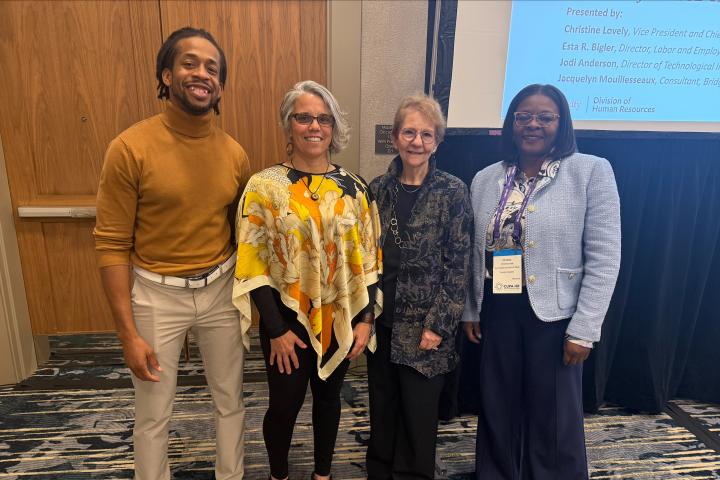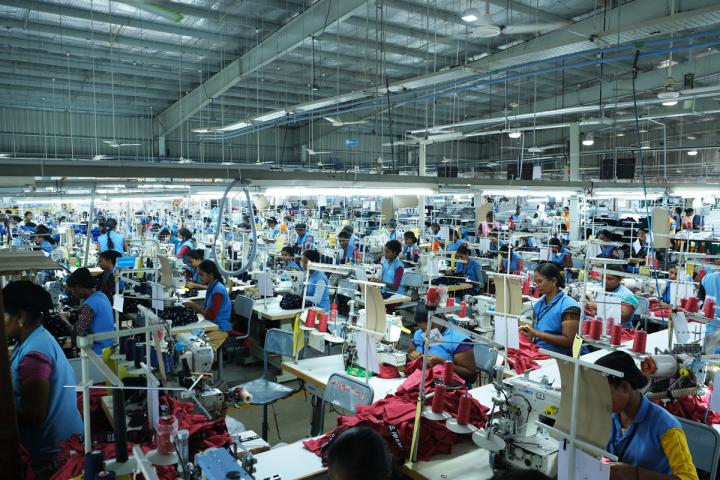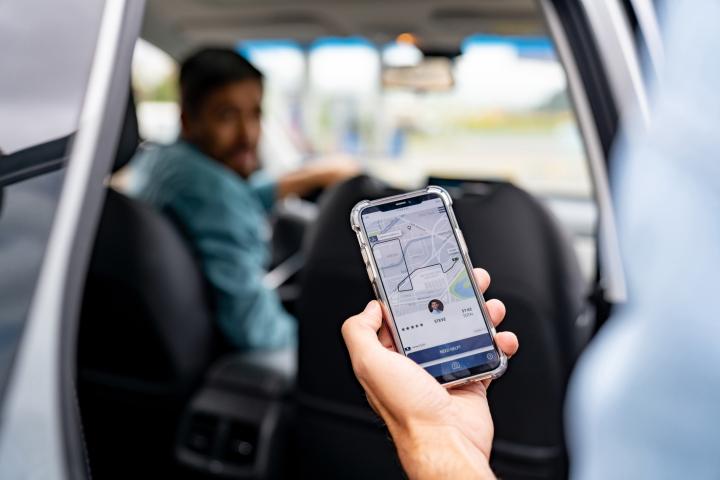
Gig Worker Rights in New York State during the Covid-19 Crisis and Beyond
"COVID is becoming an occupational disease,” said State Senator Jessica Ramos in her closing remarks during Gig Worker Rights in New York State during the Covid-19 Crisis and Beyond, an online webinar convened on May 14th by the Worker Institute at Cornell University, ILR School and attended by close to 200 people.
The webinar featured leading labor experts, government representatives, and organizers who discussed the effects of the pandemic on app-based workers such as how drivers for Uber and Lyft have widely lost employment, while other delivery workers continue to work without the necessary health and safety protections. Gig workers and community organizations have responded to this crisis in a number of ways such as organizing strikes and boycotts, distributing economic assistance, and providing counseling and mental health guidance.
Dean of the ILR School, Alex Colvin, introduced the event and addressed the undervalued nature of gig work and the need to focus on the best policies for gig workers in legislative debates. New York State Senator Robert Jackson, who represents the 31st district in Manhattan and chairs the Committee on Cities, emphasized the problem of misclassification and lack of protections for app-based workers. Senator Jackson articulated how the pandemic has become a question of economic survival for many workers and reiterated his desire to push forward an ABC test on employment status that would allow gig workers access to basic labor and employment protections, while understanding that this approach may not address the needs of all workers.
The event then featured a panel moderated by labor author and workplace journalist Steven Greenhouse. Panelists included Angeles Solis, Lead Organizer on the Workplace Justice Team for Make the Road, Brendan Sexton, Executive Director of the Independent Drivers Guild, Ken Jacobs, Chair of the Labor Center at UC Berkeley, and Brian Chen, Staff Attorney at the National Employment Law Project.
Panelists revealed how gig workers have been left out of many of the programs that aid workers during this time, and that changes to labor and employment laws are necessary to address workers needs during the crisis and beyond. The discussion repeatedly highlighted the problems of misclassification, which have improved employer flexibility, while shifting the costs of work onto gig workers. Participants also noted that the pandemic could provide an opportunity for imagining new worker transformations such as a surge in online organizing from the bottom-up, creating worker-centered industry health and safety committees, or the possibility of sectoral bargaining.
“The growth of grocery delivery has been very very sharp. There is a question, after the recession, do people go back to their old habits or do they say, ‘hey, I kind of like having my groceries delivered.’ We could see out of this [crisis] some real growth in the sectors right now that are using these labor platforms...would that then create the pressure and momentum to do what is necessary to regulate that sector?" said Jacobs during the panel.
New York State Senator Jessica Ramos, who represents the 13th District in Queens and chairs the senate labor committee, concluded the event. Senator Ramos expressed her intention to examine legislation that provides immediate relief to gig workers during this time. She discussed bills that would extend the definition of essential workers to some app-based workers including delivery workers and drivers, mandate employers notify their employees if a worker is infected at their worksite, and ensure that workers are not penalized if they refuse to return to work when they hold safety concerns related to Covid-19. Panelists and political representatives also answered questions from the audience.
The event was hosted by Maria Figueroa and Kim Cook of the Worker Institute. You can watch the full panel below.


